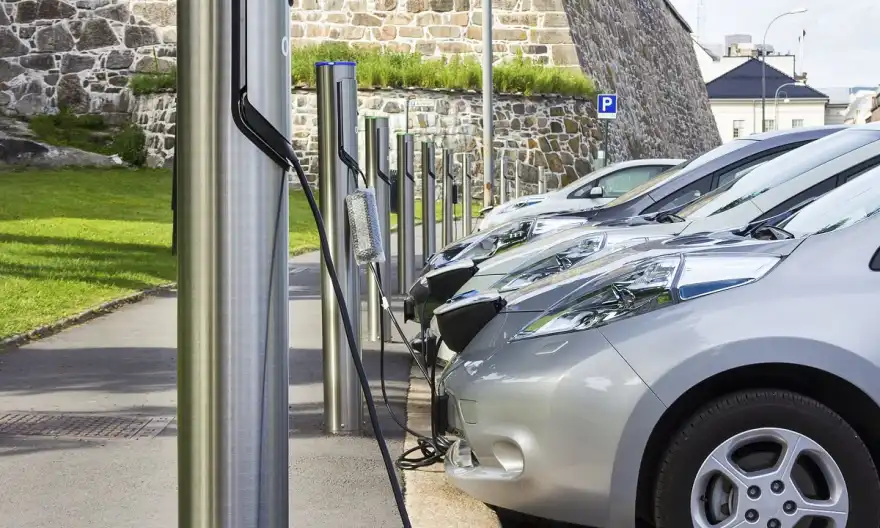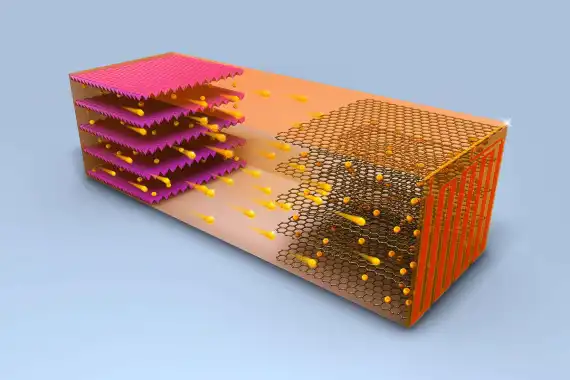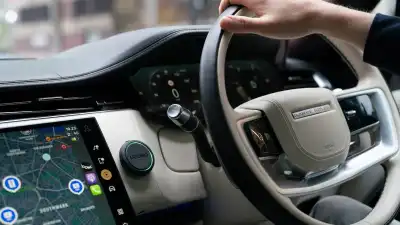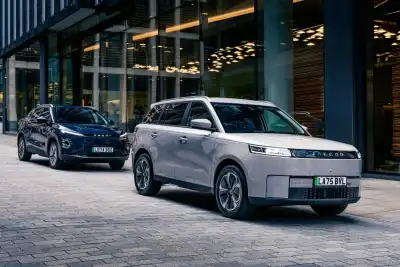
Lithium batteries that operate at a higher temperature have been developed at an American university, which could lead to cheaper electric cars.
The lithium iron phosphate batteries (LFP) have been proven to increase in both performance and safety, if they are warmed up first, by a group of scientists at Pennsylvania University, led by Chao-Yang Wang.
Today’s electric cars commonly use batteries containing nickel and cobalt, with the nickel elements having the potential to overheat – and leading to some of the embarrassing incidents which hindered perceptions of electric cars during early developments.

The traditional batteries are expensive to build and the cobalt elements are both difficult to source sustainably and toxic.
The exciting news from the US centres around the LFP batteries, which typically perform poorly compared with nickel-based ones, but Chao-Yang Wang and his team have shown that their performance improves if they are warmed up first.
The team heated LFP batteries to 60°C which then allowed them to perform better than the two common types of nickel-based batteries running at their normal, cooler operational temperatures. LFP batteries operate well at 60 °C because they generated far less additional heat as they discharged.
“We developed a pretty clever battery for mass-market electric vehicles with cost parity with combustion engine vehicles,” said Wang. “There is no more range anxiety and this battery is affordable.”
Wang says his 40kW/h battery can generate 300kW of power, enough to take an EV from 0-60mph in around three seconds. However, a 40kW/h Nissan Leaf has a range of just 230km, so it is not clear if more than one battery would be required to enable the 400km range Chao-Yang and his team reference.
“Lithium batteries will continue to drive cost down and improve fast rechargeability and safety. This battery has reduced weight, volume and cost. I am very happy that we finally found a battery that will benefit the mainstream consumer mass market… this is how we are going to change the environment and not contribute to just the luxury cars.” said Wang. His team is now partnering with battery and car manufacturers to use these LFP batteries.



